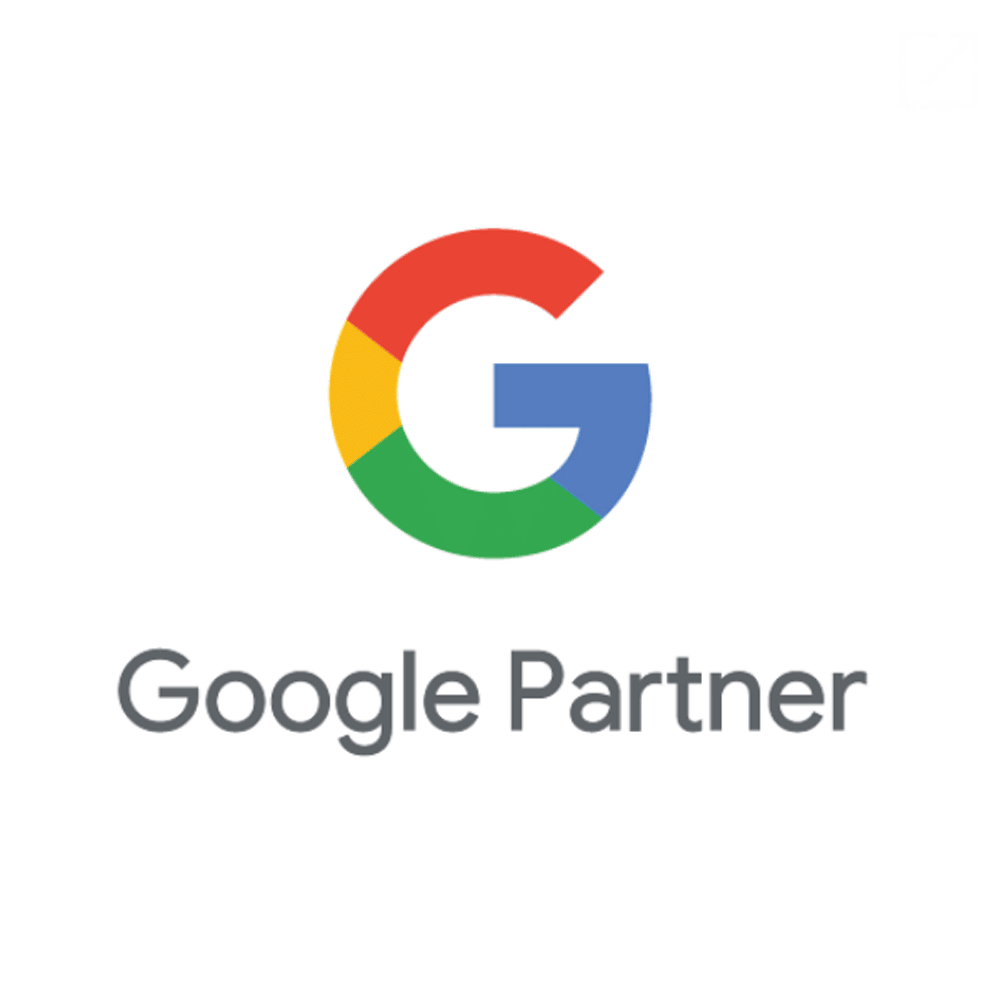As artificial intelligence continues to expand, many industries are concerned about security when it comes to jobs. Digital marketing is not one of them! If you’ve ever considered a career in digital marketing, this is your sign to make it happen. The industry is expected to reach $689 billion by 2028 and the growth is exponential. Whether you choose to work in a corporate environment or start your own digital marketing agency, there is a demand for the skillset and the opportunities are endless. But before you begin your career in digital marketing or pivot from your current industry, we’ve created a list of the most important skills, a unique blend of creativity, analytical thinking and technical know-how, that will help you be successful. It’s a unique need to possess a unique blend of creativity, analytical thinking, and technical know-how.
1. Strategic Thinking
Digital marketing is not just about creating compelling content; it’s about developing a strategic approach to reach and engage your target audience. Professionals in this field need to be able to analyze data, identify trends, and develop effective marketing strategies that align with the organization’s goals. Strategic thinking involves understanding the market, competitors, and consumer behavior to create campaigns that resonate with the target audience. It also includes the ability to strategically pivot and optimize strategies to ensure marketing success.
2. Content Creation and Storytelling
In the digital world, content is king. To succeed in digital marketing, professionals need to be adept at creating engaging and compelling content that captures the audience’s attention. This includes writing compelling copy, creating eye-catching graphics, and producing engaging videos. Storytelling is also a crucial skill, as it helps brands connect with their audience on a deeper level and creates a memorable brand experience. Content creation goes beyond what you think looks good, it considers what your audience desires – what gaps are in the market and how you can develop compelling content that fills those gaps, while staying true to your brand.
3. Data Analysis
Data is at the heart of digital marketing. Professionals in this field need to be able to analyze data from various sources, like website analytics, social media metrics, customer feedback, and more, to gain insights into consumer behavior and campaign performance. It also involved market analysis and competitive analysis to understand where your brand ranks amongst the competition. This data-driven approach allows marketers to optimize their campaigns for better results and ROI. It’s not enough to make assumptions about what works – it takes being able to read the data, come to conclusions and tell a story about your marketing campaigns of how they did or did not work. Data analysis also demonstrates the performance not only of your marketing campaigns, but your own performance as a critical thinker and strategic marketer.
4. SEO and SEM
Search engine optimization (SEO) and search engine marketing (SEM) are essential skills for digital marketers. SEO involves optimizing website content to improve its visibility in search engine results, while SEM involves using paid advertising to drive traffic to a website. Marketers need to understand how search engines work and how to use keywords, meta tags, and other techniques to improve their website’s ranking. There are plenty of certifications that marketers can obtain to gain a foundational knowledge of these tactics, but nothing develops your skills like practical experience.
5. Social Media Marketing
Social media has become an integral part of digital marketing. Professionals in this field need to be familiar with the various social media platforms and how to create engaging content that resonates with their audience. Each platform is very different and it takes a very specific strategy to be effective. Social media marketing is not only about creating compelling content that maximizes your brand’s reach and engagement, it’s also being an engaging brand on the platform – commenting, liking and interacting with other brands goes a long way. Reading social media analytics is important too, and tweaking your strategy to follow the data and understand what it’s telling you will help you win in the competitive social media landscape.
6. Email Marketing
Believe it or not, email marketing remains one of the most effective digital marketing strategies. Professionals in this field need to be able to create targeted email campaigns that deliver value to the recipient and drive engagement. They also need to understand email marketing best practices, such as how to segment their audience, personalize their messages, and measure their campaign’s success.
7. Adaptability and Continuous Learning
The digital marketing landscape is constantly evolving, with new technologies, platforms, and trends emerging all the time. To succeed in this field, professionals need to be adaptable and willing to continuously learn and upskill. This means knowing that you don’t know everything, but being committed to educating yourself regularly. This includes staying up-to-date with the latest industry trends, attending conferences and workshops, and seeking out opportunities for professional development.
Digital marketing requires a unique blend of creativity, analytical thinking, and technical know-how. The best professionals in this field possess a range of skills, from strategic thinking and content creation to data analysis and SEO. It goes beyond the technicalities of running strategies. By mastering these foundational skills, digital marketers can thrive in this ever-changing landscape and drive success for their organizations.






